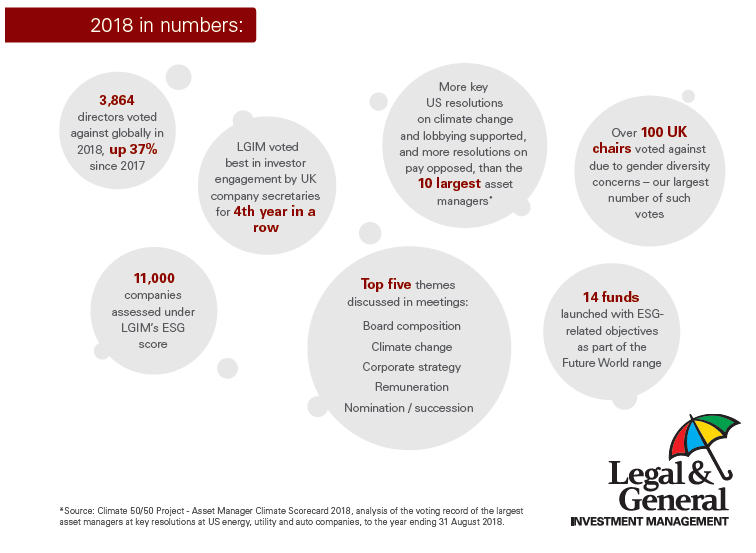Matthew Gentry is Lecturer in Economics at the London School of Economics & Political Science and Caleb Stroup is Assistant Professor at Davidson College. This post is based on their recent article, forthcoming in the Journal of Financial Economics. Related research from the Program on Corporate Governance includes The New Look of Deal Protection by Fernan Restrepo and Guhan Subramanian (discussed on the Forum here).
In our recent article titled, Entry and Competition in Takeover Auctions, just published in the Journal of Financial Economics, we investigate how the choice of sale mechanism affects fair value in corporate M&A transactions. In the past, negotiated sale prices were readily accepted as reliable evidence of a seller’s fair value (i.e., the highest reasonably-expected price). However, over time there has been increased scrutiny of sale processes by shareholders, Delaware Courts, and scholars in finance and economics, who have observed that deal premia might turn out to be higher if a company is sold via an auction-style process.
At the heart of this debate is lack of a clear understanding about whether fair value depends on the specific details of the sale process itself. For example, should target shareholders expect a higher sale price from an auction relative to a negotiated transaction? In the classic view, arms-length auction-style sale processes lead to higher prices, a view reflected by the injunction that directors act as “auctioneers” when selling their firm (Revlon, Inc. v. MacAndrews & Forbes Holdings, Inc., 506 A.2d 173 (Del. 1986)). In this classic view, auctions are presumed to generate high prices via competition among a large pool of bidders for a selling company. This is because bidders face two types of pressure to raise their offer prices. The first is that target shareholders might walk away from the deal, the standard bargaining rationale present in negotiated transactions. The second is pressure from competing offers (i.e. from other bidders). In the classic view, auctions are expected to produce higher prices than negotiation-style transactions.

